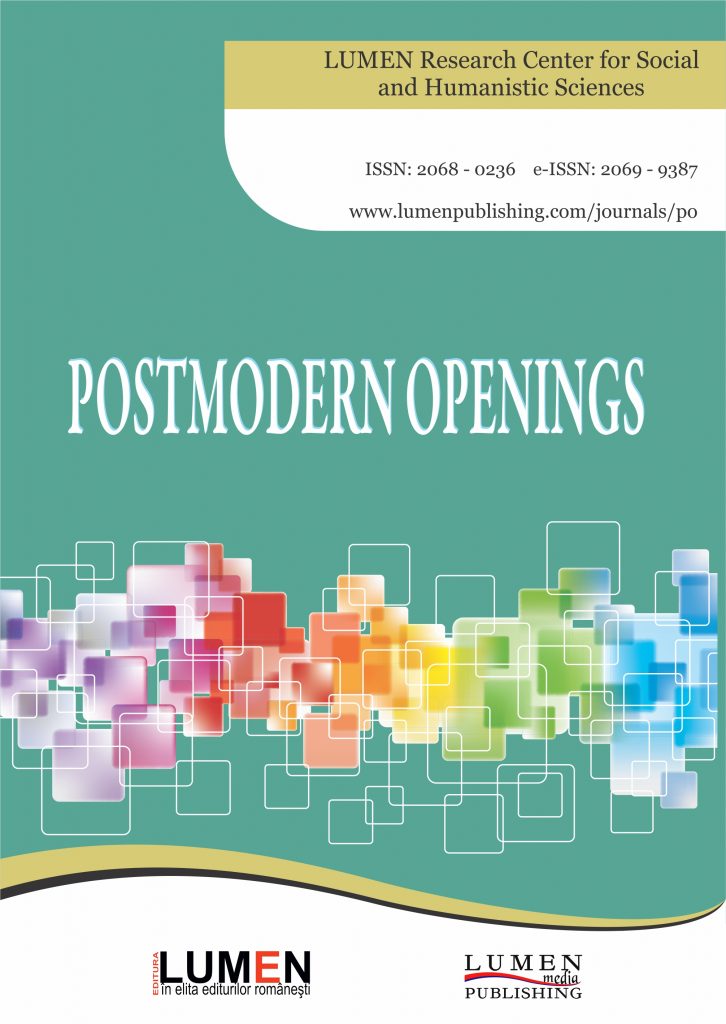English Vocabulary Development of Non-Linguistic Specialties Students using Mobile Application
English Vocabulary Development of Non-Linguistic Specialties Students using Mobile Application
Author(s): Nataliia FANENSHTEL, Kateryna SKYBASubject(s): Social Sciences, Sociology
Published by: Editura Lumen, Asociatia Lumen
Keywords: International English Language Testing Service; “Vocabulary for IELTS” mobile application; vocabulary development; Information Technology in Foreign Language vocabulary teaching;constructivist approach;
Summary/Abstract: The research findings indicate that most students are aware of the importance of systematic lexis learning, yet, the problem of students’ poor vocabulary remains. Mobile application is a powerful and beneficial educational tool that can be efficiently used both by teachers and students. However, the issue of FL vocabulary development via mobile applications has received little attention in Ukraine, especially in the context of the university students’ perception. Furthermore, there is no well-balanced vocabulary program in most Ukrainian universities. This paper, first of all, outlines the key points of the constructivist pedagogy and overviews literature regarding the use of technology in FL vocabulary teaching. It further describes the results of a survey conducted among Bachelor students of non-linguistic specialties regarding their interests and problems in learning FL. The research among students revealed that the main problems in learning FL concern mastering new vocabulary, speaking and listening. The authors attempt to refer the existing problems to students’ abilities to remember words and their inability to recall known words. The article summarizes the following advantages of using “Vocabulary for International English Language Testing Service (IELTS)” mobile application through the students’ perspective verified via teacher’s evaluation: free access, ease to use, tailored to individual needs and style of learning, availability of useful spoken vocabulary and sound recordings. Some suggestions concerning possible improvements of the mobile application have been provided as well. The findings of the paper call for incorporation of technological tools in FL vocabulary teaching.
Journal: Postmodern Openings
- Issue Year: 11/2020
- Issue No: 2supl1
- Page Range: 26-42
- Page Count: 16
- Language: English

